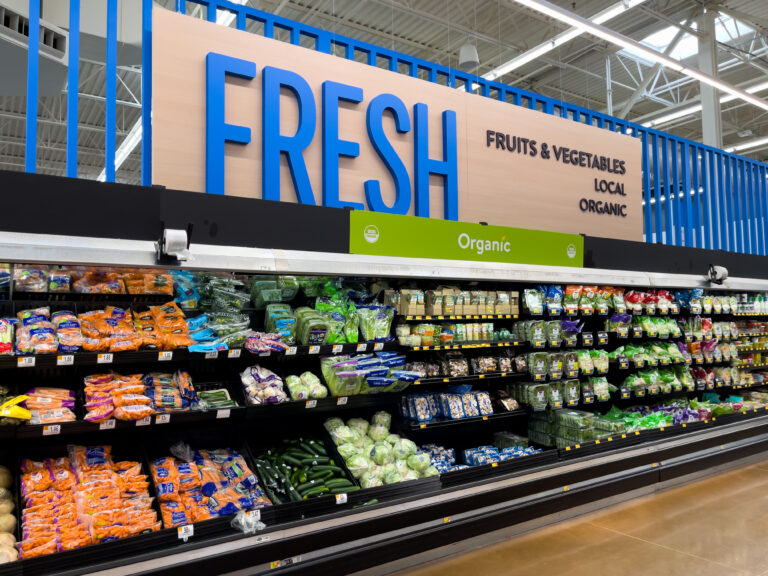For a food to be labeled as organic, the food must abide by all provisions of the USDA National Organic Program (NOP) and be certified to use the NOP seal. While this regulation has been in effect since 2001, on March 19, 2024, a whole new set of requirements take effect for organic products.
By that day, all certified organic products must be produced in compliance with the Strengthening Organic Enforcement (SOE) Rule – including imported foods. The new regulation, intended to address the increasing complexity of the organic supply chain which has led to reduced transparency and increased organic fraud, is considered to be the most significant change to the national organic regulations since the creation of the NOP.
Who is affected and what is the impact?
The rule affects those who deal with organic products throughout the supply chain including USDA-accredited certifying agents, organic inspectors, certified organic operations/those considering organic certification, businesses that import or trade organic products, and retailers that sell organic products.
Of particular note are the impacts on importers, traders, and certain brokers who had previously operated without USDA oversight. With the rule, all U.S. imported organic products are now required to have an electronic NOP Import Certificate. Without this, a food labeled as organic can be refused entry into the U.S., and can result in fines for each violation and/or criminal enforcement actions.
Certifying agents are also significantly impacted, as they are now required to conduct supply chain traceability audits; develop and implement information-sharing processes; issue standardized operation certificates generated from the USDA’s Organic Integrity Database (OID); conduct unannounced inspections of at least 5% of the operations they certify during which they complete mass-balance audits and verify traceability back to the previous certified operation.
Other new requirements of the SOE rule that impact organic certification are:
- Certified operations must develop improved recordkeeping and organic fraud prevention processes and procedures. Changes to an operations organic system plan.
- Nonretail containers used to ship or store organic products are to be labeled with organic identity and traceable to auditable records.
- Certifying agent personnel must meet specific qualifications and training requirements; and producer group operations must meet specific certification requirements that provide consistent, enforceable standards and ensure NOP compliance.
- Rather than having to submit an updated Organic System Plan in its entirety as part of annual certification renewal, certified organic operations can now submit just the sections of its plan that have been changed.
- A specific calculation method is to be used for the percentage of organic ingredients in a multi-ingredient product, enabling consistent interpretation and application of the regulations.
- A confirmation of the conditions and requirements for equivalence determinations with foreign government organic programs.
With there having been some apparent question as to the authority the NOP holds, the SOE Rule affirms that the NOP has the authority to oversee certification activities and may initiate enforcement action against uncertified operations; and it clarifies the NOP appeals process and use of mediation in dispute resolution.
While the SOE Rule does increase the requirements for some organic producers, importers, and retailers, it also provides some benefits and added protections for the organic industry and its consumers. The extension of traceability requirements helps to ensure organic practices are followed throughout the supply chain, and helps to reduce the opportunity for fraud.
If you work with organic products, or are considering becoming certified, give TAG a call. Our experts can help clarify the new regulations applicable to your business and ensure you are in compliance.





